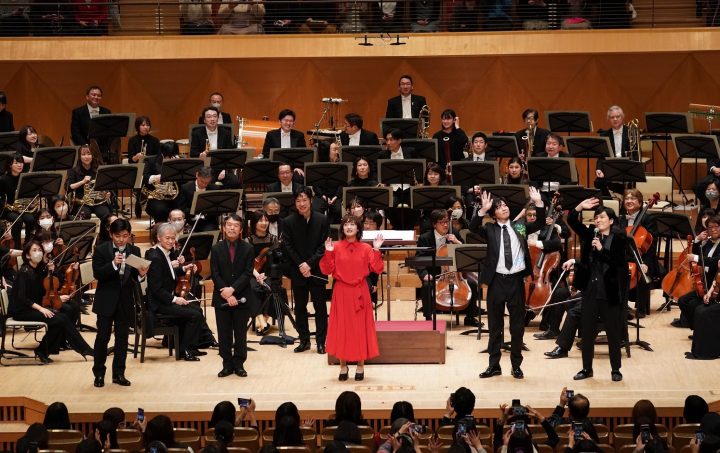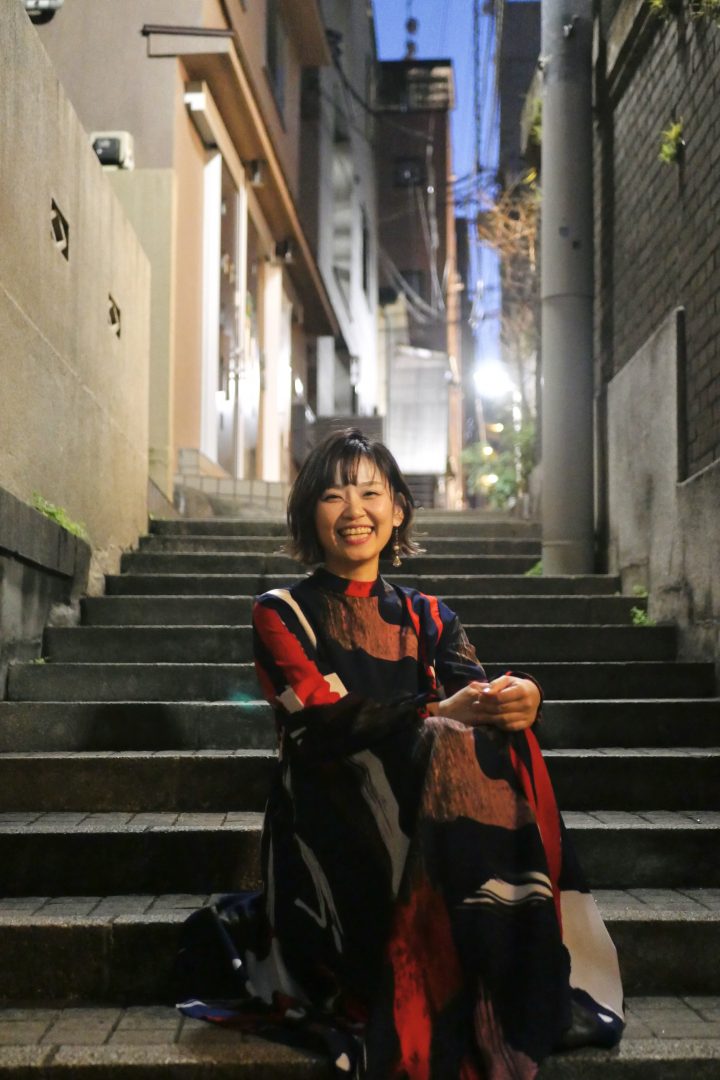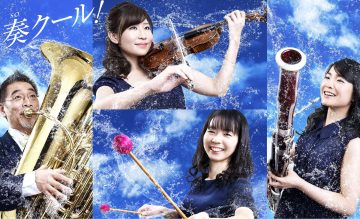The Magic of Music and Magicians: J.S. Bach's "Cello Suites"
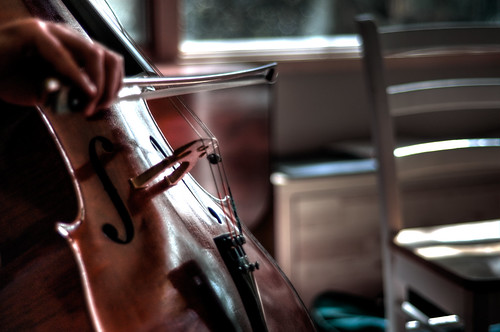
Enjoy casually ! Life with concerts
File.8 JS Bach " Unaccompanied Cello Suites "
Mitsuzaburo Mori ( music writer)
In 1890, the 13-year-old Casals discovered a worn-out book of sheet music in a music shop in Barcelona. As he turned the pages of this little-known book, the magic of music instantly enveloped him, powerfully and tenderly.
Rediscover the masterpiece "Cello Suite".
I have embellished the story a bit, but Pablo Casals was a musician who recognized the artistic value of this collection of songs, which at the time was treated merely as "exercises for improving instrumental playing," and made it known to the world through his own wonderful performances.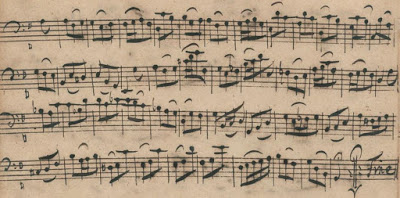
"All 6 Cello Suites" composed by the "Father of Music," Johann Sebastian Bach.
There are six suites, each consisting of six pieces, composed approximately 300 years ago.
There is hardly any cellist who doesn't play this piece. In fact, the ultimate dream of every cellist is to perform it in heaven in front of Bach and receive his praise. It is often called the "Old Testament of the cello."
Bach has a hard time too...
*JS Bach (1685-1750)
This song is often used as background music, so many people are probably familiar with it. What I want to focus on is the fact that it is frequently used as music for contemporary dance. This means that cutting-edge sensibilities and audiences need the power of music composed 300 years ago.
Even so, Casals' Bach recordings from the 1930s are wonderful. Bach is so strict that he is said to be like a seeker of truth. I would have loved to have experienced a live performance by Casals at least once. It is one of my personal, unfulfilled dreams.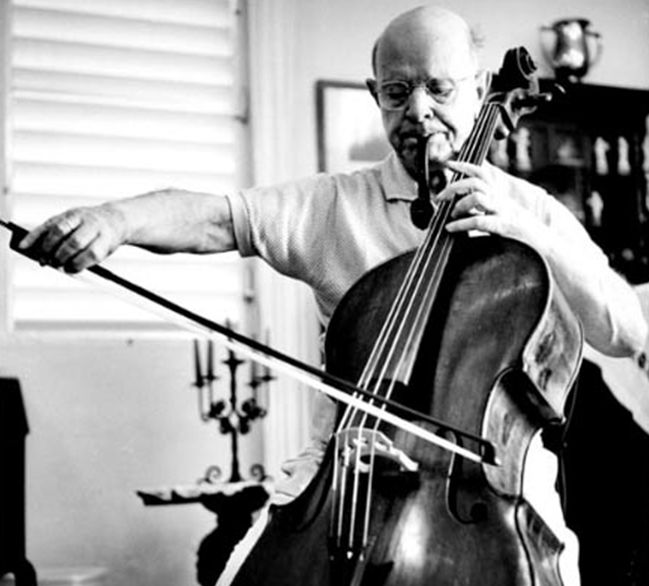
*Pablo Casals (1876-1973)
What if Casals had never encountered Bach's scores?
I pose such a nonsensical question. Although it is from a much later era, there is one musician I believe would have rediscovered this masterpiece. He was the Baroque cello master Anner Bylsma, who sadly passed away this July. He was one of the driving forces behind the movement known as "period instrument performance" or "original instrument performance," which became popular in the latter half of the 20th century.
The numerous great recordings and performances that were developed based on the idea of restoring the true form of the music by incorporating the instruments and performance styles of the era in which it was composed have revolutionized the classical music industry.
Not on the piano, but on the harpsichord.
The orchestra is smaller and more lively.
Bach, Mozart, and Beethoven are fresh and light, as if the dust that has accumulated over the years has been wiped away.
The fun is in using period instruments while still sounding new!
Naturally, the Bach that Bylsma produced in this context left a very different impression from what I had been familiar with up until then.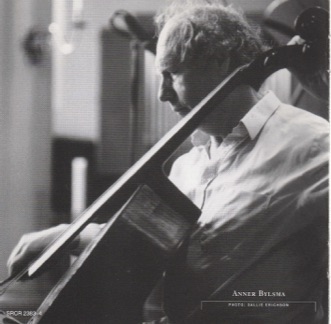
*Anna Bylsma (1934-2019)
The performance is more like a conversation than a romantic "singing." The original dance-like qualities are boldly incorporated, and the tempo is fast. Above all, the polyphonic structure of the piece is revealed, and the more you listen, the more intriguing it becomes, and the more you feel as if you are being sucked deeper and deeper into the universe that is Bach.
"It's like it's forever unfinished."
These are the words a friend used to describe Bylsma, but that's exactly what he was like at the many concerts I've seen him in.
The joy and bewilderment of being present at the moment music is born. There's something freeing about the atmosphere.
I think my encounter with Bylsma changed the way I listened to music, which used to be a bit authoritarian and a little bit seeking the "ultimate."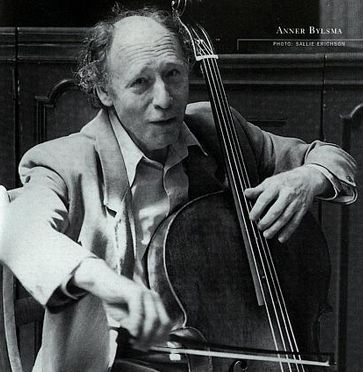
*Anna Bylsma (1934-2019)
I used to wonder if it was really appropriate to record the "Unaccompanied Suites" while still in my twenties, or even to record Bach two or three times, but now I'm not bothered. In fact, I love young Bach composers. I'm also very happy to hear the "Unaccompanied Cello Suites" performed on not only viola and guitar, but also marimba and saxophone. Everyone is taking on Bach seriously, and a different sound might help you discover new charms in the pieces.
Now that I think about it, after my Bylsma experience, I listened to Casals's performances again and found myself able to hear subtle and sensitive aspects that I hadn't noticed before. Just as music changes, so does my ear.
Two concerts of Bach's "Cello Suites" will be held in November and December. The performers will be Suzuki Hidemi, Japan's proud Baroque cellist and conductor. Having studied under Bylsma and possessing extensive experience in the home of early music, we are excited to see what kind of "modern" performance he will give us.
I'm not sure if I'll be able to hear any witty chatter, but I'm sure I'll be able to enjoy watching him play the Baroque cello, an instrument that has no pins that stick into the floor, held between his knees.
I would definitely like to go there as a tribute to Mr. Bylsma.
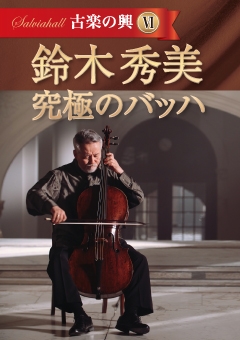
Master Bylsma had been in poor health for a long time and passed away without visiting Japan for some time. I will never forget meeting him in front of the dressing room after one of his concerts.
The feeling of receiving an autograph and shaking hands.
When I tried to get his wife, the violinist Vera Beth, to sign an autograph, I found her chatting with a friend. I hesitated and waited, but she kindly encouraged me, saying, "It's okay, just ask."
I received a lot of treasures.
This event has now ended.
The Rise of Early Music VI
Hidemi Suzuki: The Ultimate Bach
Complete Concert of the Unaccompanied Cello Suites ( 1st )
[Date and time] Saturday, November 2nd, 14:00-16:00 (doors open at 13:30)
[Venue] Tsurumi Community Cultural Center Salvia Hall, 3rd floor music hall
